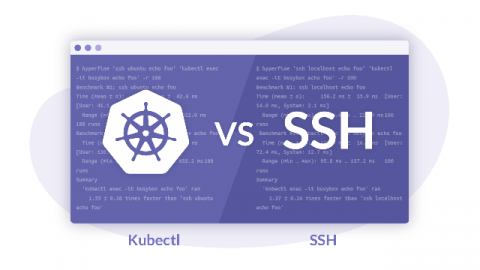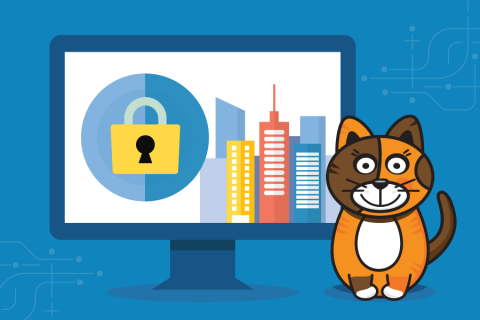SSH vs. kubectl exec
Let’s have a look at two popular ways of opening remote shells: the good ol’ ssh and its modern counterpart, kubectl exec. Below, I will only look at the “kubectl exec” subcommand and its friends. kubectl itself is a swiss-army knife for all things Kubernetes. Comparing all of it to ssh is like comparing systemd to BSD init. Also, I will use “SSH” to mean “OpenSSH”, which is the de-facto standard for SSH protocol implementation.









